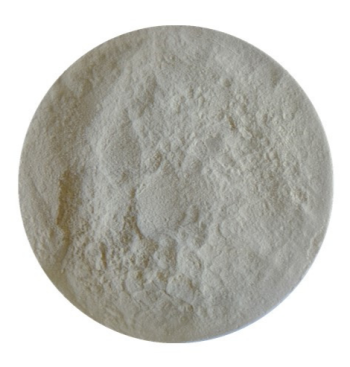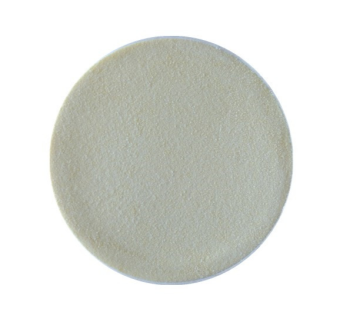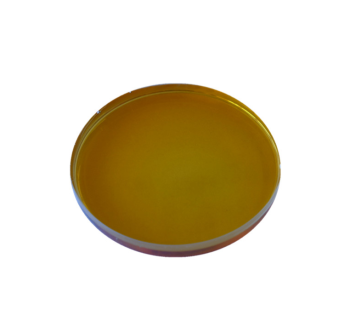Manufacture Supply High Quality Food Grade Lysozyme Cas No.12650-88-3
Introduction
Lysozyme, also known as Muramidase or N-acetylmuramide glycoanhydrase, is an enzyme capable of hydrolyzing mucopolysaccharide in pathogenic bacteria. In nature, lysozyme is commonly found in the egg white of birds and poultry and in tears, saliva, blood, snot, urine, milk and tissue cells of mammals (such as liver, kidney, lymphoid tissue, intestine, etc.), and can also be isolated from plants (such as papaya, turnip, barley, figs, cabbage, radish, etc.).
Lysozyme has a wide antibacterial spectrum. It has effects on Gram-positive bacteria and Gram-negative bacteria, it even works on some viruses, and it is safe and non-toxic to the human body, with no unwanted effects. Therefore, the enzyme has found wide applications in food, feed, medicine, and other fields.
Mechanism
As a bactericide: lysozyme is a glycoside hydrolase attacking β – 1,4 glycoside bond between n-acetyl-cell-wall acid (NAM) and N-acetylglucosamine (NAC). By degrading peptidoglycan into glycopeptide, the insoluble mucopolysaccharide gets solubilized, which leads to disintegration of bacterial cell wall and leakage of cell content, and the bacteria are thus killed.
As an antivirus agent: lysozyme can bind negatively charged virus protein to form complex salts with DNA, RNA, and apocofactor protein, which inactivates the virus. In addition, lysozyme is able to activate the immune system of the body and modulate the cytotoxic mechanism mediated by lymphocytes and macrophages to kill the virus.
Characteristics
| Declared Activity | 20000 u/g |
| Physical Form | Powder |
| Color | White to gray-white powder. Color can vary from batch to batch. Color intensity is not an indication of enzyme activity. |
Product Standard
The product complies with QB/T 5030-2017 and ENZYMES SS’s internal standard Q/CSS05-2019.
| No. | Items | Index |
| 1 | Lead/(mg/kg) | ≤10.0 |
| 2 | Arsenic/(mg/kg) | ≤3.0 |
| 3 | Cadmium/(mg/kg) | ≤0.5 |
| 4 | Escherichia coli (MPN/g) | ≤3000 |
| 5 | Salmonella/(25g) | Not Detected |
| 6 | Aflatoxin B1 (μg/kg) | ≤10 |
Dosage Recommendation
The recommended dosage is 0.01-0.05%. The dosage has to be optimized based on each application, the raw material specifications, product expectations, and processing parameters. It is better to begin the test with a convenient volume.
Benefits
- Dairy products: Incorporate into baby food or formula milk powder as a non-specific immunological factor to kill Enterococcus putrefaciens.
- Cheese: Add during cheese production to prevent butyric acid fermentation due to microbial infection; avoid foaming during cheese production at a later stage.
- Use as a fresh-keeping agent for aquatic products, meat products, and fruits: Spray onto aquatic products or meat to prevent spoilage.
- Cake and beverage: Prevent microbial growth, especially on those cakes containing cream.
Package
Package: 1 kg / bag.
Storage
Keep sealed in a dry and cool place and avoid direct sunlight.
Shelf Life
12 months in a dry and cool place.
Safety
Enzyme preparations are proteins that may induce sensitization and cause allergic-type symptoms in susceptible individuals. Prolonged contact may cause minor irritation for skin, eyes, or nasal mucosa. Any direct contact with the human body should be avoided. If irritation or allergic response for skin or eyes develops, please consult a doctor.





